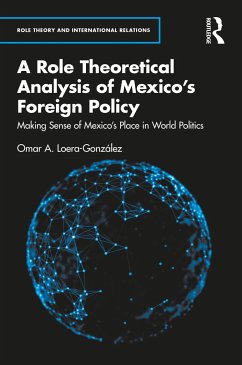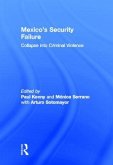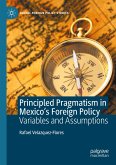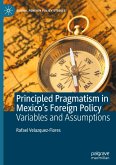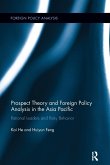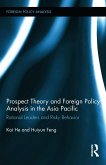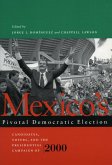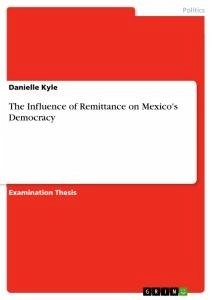Role Theory and Mexico's Foreign Policy examines why Mexico has an unusual foreign policy for a middle-power country. Using a series of case studies to show how role conflict has operated in Mexico's foreign policy, Omar Loera-González studies three specific settings where Mexico could have displayed middle-power behaviour. First, he analyses Mexico's controversial membership and performance in the Iraq crisis within the Security Council of the United Nations from 2002 to 2003. The second case study examines Mexico's ambition to display a regional leadership role in regional multilateral bodies like the Community of Latin American and Caribbean States (CELAC) and the Pacific Alliance (PA). In the third and final case study, Loera-González focuses on Mexico's engagement in human rights and democracy promotion. Conflicting expectations from several actors - domestic and external - have led to a foreign policy contradictory to what is expected for a country with Mexico's material capabilities and its foreign policy objectives. This book will be of interest to graduate students and researchers who work on and with foreign policy analysis and role theory, or to those with a research interest on Mexico.
Hinweis: Dieser Artikel kann nur an eine deutsche Lieferadresse ausgeliefert werden.
Hinweis: Dieser Artikel kann nur an eine deutsche Lieferadresse ausgeliefert werden.

